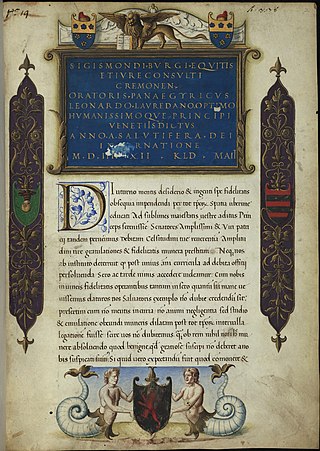
A panegyric is a formal public speech or written verse, delivered in high praise of a person or thing. The original panegyrics were speeches delivered at public events in ancient Athens.
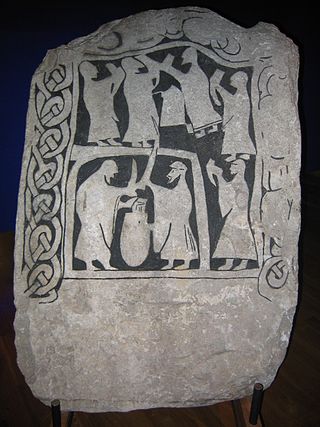
Symbel (OE) and sumbl (ON) are Germanic terms for "feast, banquet".

Mhlophe, known as Gcina Mhlophe, is a South African storyteller, writer, playwright, and actress. In 2016, she was listed as one of BBC's 100 Women. She tells her stories in four of South Africa's languages: English, Afrikaans, Zulu and Xhosa, and also helps to motivate children to read.
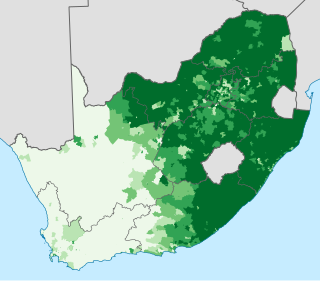
South African Bantu-speaking peoples represent the majority indigenous ethno-racial group of South Africans. Occasionally grouped as Bantu, the term itself is derived from the English word "people", common to many of the Bantu languages. The Oxford Dictionary of South African English describes "Bantu", when used in a contemporary usage or racial context as "obsolescent and offensive", because of its strong association with the "white minority rule" with their Apartheid system. However, Bantu is used without pejorative connotations in other parts of Africa and is still used in South Africa as the group term for the language family.
Ngcobo, alternatively rendered Engcobo, is a town in the Eastern Cape province of South Africa.

Somali literature is the literature used by the ethnic Somalis of Somalia, Somaliland, Djibouti, Yemen, Eritrea, Ogadenia, and Kenya.

The Nguni people are a linguistic cultural group of Bantu cattle herders who migrated from central Africa into Southern Africa, made up of ethnic groups formed from hunter-gatherer pygmy and proto-agrarians, with offshoots in neighboring colonially-created countries in Southern Africa. Swazi people live in both South Africa and Eswatini, while Ndebele people live in both South Africa and Zimbabwe.
Izibongo is a genre of oral literature among various Bantu peoples of Southern Africa, including the Zulu and the Xhosa. While it is often considered to be poetry of praise, Jeff Opland and others consider the term "praise" to be too limiting, since it can contain criticism also.
The State of the Nation Address of the President of South Africa is an annual event in the Republic of South Africa, in which the President of South Africa reports on the status of the nation, normally to the resumption of a joint sitting of Parliament.
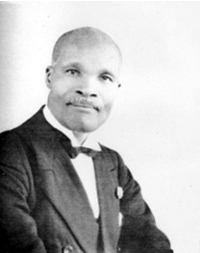
Samuel Edward Krune Mqhayi was a Xhosa dramatist, essayist, critic, novelist, historian, biographer, translator and poet whose works are regarded as instrumental in standardising the grammar of isiXhosa and preserving the language in the 20th century.

The Xhosa people, or Xhosa-speaking people are a Bantu ethnic group native to South Africa. They are the second largest ethnic group in South Africa and are native speakers of the isiXhosa language.
Sipho Mangindi Burns-NcamasheAa! Zilimbola! (1920–1996) was a South African poet, short story writer and Xhosa imbongi. He was also the chief of the AmaGwali Xhosa sub-group in Alice. He was also the leader of the Ciskei National Unionist Party from 1972–1978, the only member from his party to get a seat in the Republic of Ciskei National Assembly, until 1978 when he joined the Ciskei opposition party, the Ciskei National Party led by Chief Justice Mabandla. In 1979, Ciskei officially became a one-party state under the rule of Lennox Sebe and Burns-Ncamashe remained as one of the members of the Ciskei National Assembly.
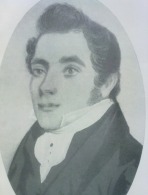
John Bennie (1796–1869) was a Presbyterian minister, missionary, and early Xhosa linguist. In 1816 he became associated with the Glasgow Missionary Society while still in Scotland and sailed to South Africa on the ship Woodlark as a catechist where he carried out his missionary work in the Ciskei.
T'heydinn or T'heydinne is a Moorish epic ensemble of Mauritania. It is an important literary and artistic manifestation of the Hassaniya language and was, in 2011, added to the UNESCO's Intangible Cultural Heritage List.
The Revd Professor Peter Tshobisa Mtuze is a poet, priest and academic. He worked as an interpreter in the law courts of the old South Africa, a radio announcer, a salesperson for a publishing company, a civil servant in the homeland government structures, a lecturer at Unisa, an Editor in Chief of the Greater Dictionary of isiXhosa at Fort Hare, before joining Rhodes University as Professor and Head of the isiXhosa Department.
Nontsizi Mgqwetho was a South African poet, "the first and only major female poet to write in Xhosa". Her poems were published in Umteteli wa Bantu, a multilingual weekly Johannesburg newspaper established in 1920.
Mbombini Molteno ka Sihele was a Xhosa Councillor and warrior, as well as the national poet ("imbongi") and cultural custodian of the abaThembu people of South Africa during the late 19th and early 20th centuries. He gathered and preserved Thembu history and lore from his base at the court of Chief Falo Mgudlwa in Ngcobo and he stewarded the different Thembu royal clans during a fractious and dangerous time.
Nofinishi Dywili (1928–2002) was a traditional Xhosa musician who achieved much recognition throughout her lifetime. She is regarded as the master of "uhadi" music and the master of Xhosa song productions such as The Bow Project.
Sesotho poetry is a form of artistic expression using the written and spoken word practiced by the Basotho people in Southern Africa. Written poetry in the Sesotho language has existed for over 150 years however, the oral poetry has been practiced throughout Basotho history.
St John Page Yako was a Qokolweni-born Xhosa poet and professor of Xhosa literature in the Eastern Cape, South Africa. A translation of one of his poems was published as "The Contraction and Enclosure of the Land" in The Lava of the Land, an anthology of South-African poetry edited by Denis Hirson. "The Contraction and Enclosure" uses imagery from oral poetry to illustrate the consequences of race-based land legislation of South Africa in the 1950s that destroyed the traditional ways of life of many tribes.










